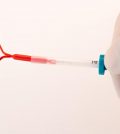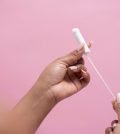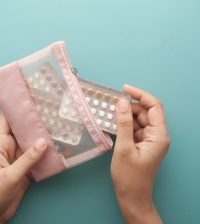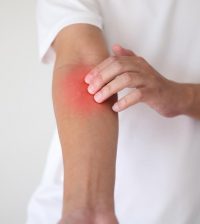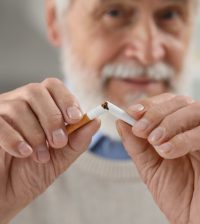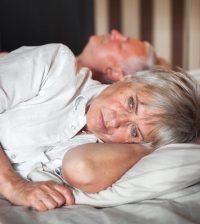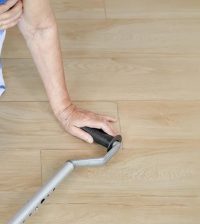- Listeria Danger Spurs Nationwide Recall of Frozen Waffles
- Washington Becomes 6th State to Report Bird Flu in Humans
- Seniors Who Split: Rates of ‘Gray Divorce’ Have Tripled Since 1990
- Black Patients 22% More Likely to Die After Bypass Surgeries
- Cataract Surgery Could Save Your Eyesight and Maybe Your Life
- Could Caffeine in Pregnancy Help Prevent Cerebral Palsy in Kids?
- Fatal Opioid-Meth Overdoses Have Fallen in U.S. by More Than a Third
- At-Home Brain Stimulation Treatment Can Safely Ease Depression
- Even Hardcore Smokers May Quit If Given Right Tools, Study Finds
- Light Therapy Might Help Ease ‘Dry’ Form of Macular Degeneration
Health Highlights: Jan. 24, 2014
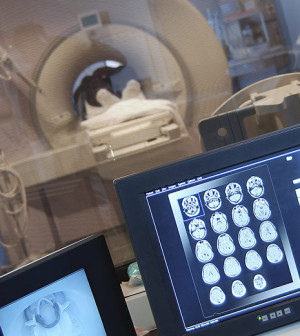

Here are some of the latest health and medical news developments, compiled by the editors of HealthDay:
Less Educational Content in Kids’ Screen Time as They Age
As children get older, their use of educational resources on television and other electronic devices decreases, according to a new study.
Researchers surveyed nearly 1,600 parents and found that what might be considered educational material accounted for less than half of the screen time among youngsters ages 2 to 10. Most of that screen time involved television, The New York Times reported.
The poll also revealed that while children’s screen time increases as they get older, there is a decrease in the amount of educational content, according to the researchers at the nonprofit Joan Ganz Cooney Center, a research institute affiliated with the Sesame Workshop.
The survey found that 2- to 4-year-olds had just over two hours a day of screen time, including one hour and 16 minutes of educational content, while children ages 8-10 had more than two and a half hours a day of screen time, but only 42 minutes of that was regarded as educational, The Times reported.
Family income appeared to have an effect. Children in households earning less than $25,000 spent 57 percent of their screen time on educational activities, compared with 38 percent of children in families earning $50,000 to $99,000.
——
Weight May Reduce Effectiveness of Morning-After Pills
European health officials are reviewing morning-after emergency contraceptives to determine if they’re less effective in overweight women.
The European Medicines Agency said Friday that it would evaluate new data suggesting that the effectiveness of morning-after pills could be reduced in heavier women. There is no timeline on when the review will be completed, the Associated Press reported.
“We need to find out what the association is with (body mass index) and if there is a cut-off threshold for when the medicine becomes less effective,” agency spokeswoman Monika Benstetter said.
The U.S. Food and Drug Administration said late last year that it was studying the issue.
In November, HRA Pharma of France revealed that its morning-after pill Norvelo was less effective in women who weighed more than 165 pounds and did not work in women who weighed more than 176 pounds. The company changed its labels to warn patients, the AP reported.
Norvelo contains the same active ingredient — levonorgestrel — as other emergency contraceptives such as ellaOne, Levonnelle and Levodonna.
—–
Copyright © 2024 HealthDay. All rights reserved.


